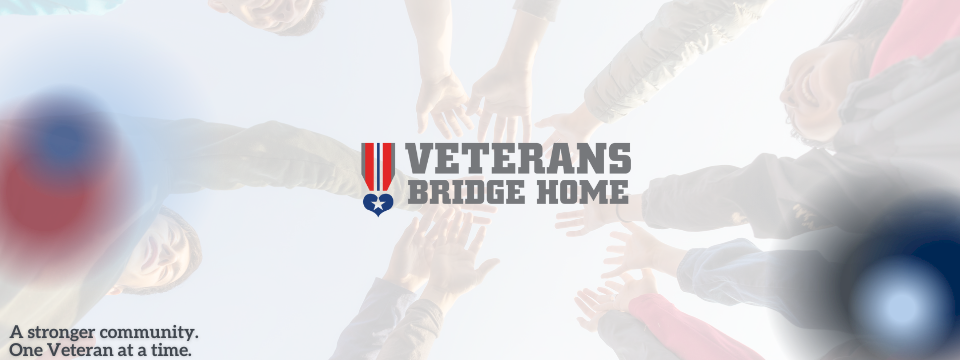We are looking for volunteers to join us to show our community that veterans are valuable citizens in the communities where we live by doing some community service work on a regular basis.
This Veterans Park clean up will bring corporate veterans groups and other unaffiliated veterans together to work together to make our parks more inviting. Typical clean up tasks include picking up trash, spreading mulch, painting benches, and raking leaves.
Our group will rally at the Veterans Park parking lot (2136 Central Ave, Charlotte, NC 28205) at 8:30am and work from 9am - 12pm. Bring water and work gloves, dress accordingly, and be ready to meet new people.
How does this help veterans you ask?
1) Building equity with human service partners - VBH coordinates care for Veterans across the entire community ensuring that they can benefit from the services and programs either specifically for Veterans and their families or, in the case of Mecklenburg County Park and Recreation, for everyone. By helping them, we are helping everyone they serve AND Veterans.
2) Employment networking - We use these opportunities as informal networking opportunities for Veterans we know. By working shoulder-to-shoulder with a Veteran, your volunteers get to know these individuals better and in a more natural setting than a traditional, stale networking event. Some of the Veterans we serve need a “hand up” from organizations like Crisis, but employment is the second highest requested need by those we serve, and many of those Veterans we work with just need a “handshake” to get them where they want to be.
3) Social Capital - Volunteering also addresses the third highest need we serve annually is social enrichment – friends. Just like your group, some of the Veterans who will join you have successful careers in white collar professions but lack the sense of purpose they received from the military. Giving back to their community helps scratch that itch.
What do we need from you in advance?
Because our volunteer opportunities are built to allow for networking interactions between your volunteers and our Veteran volunteers, we ask that your group do a little homework before you arrive.
1) Familiarize yourselves with the VBH newsletter before you come out on July 21. Our newsletter, particularly the upcoming events will offer you something to talk about with other Veteran attendees if you don’t know where to start.
2) Complete some baseline training (can be done in less than one hour) https://challenge.ncgwg.org/psych-armor/ . This training created through a partnership between the North Carolina Governor’s Challenge and Psych Armor offers three short video courses to help Veterans and others connect with the military community. I have taken the courses, and they offer a good primer for those who might not know much about the military.
Note: Registration with PsychArmor or Logging In with PsychArmor username/password is required.
- 15 Things Veterans Want You to Know is based on interviews with thousands of Veterans. They were asked what one question they would want civilians and care providers to ask. This course is based on those interviews. Presented by Heidi Squier Kraft, Ph.D., a clinical psychologist at PsychArmor and a Navy Veteran, this 16-minute course provides an overview of military culture and addresses relevant issues facing our Veterans and their families today.
- S.A.V.E. is an acronym for Signs, Ask, Validate, and Encourage/Expedite and is a brief suicide prevention intervention. Megan McCarthy, Ph.D., walks users through the steps in this 25-minute video. At the time of the video, she was the National Deputy Director, Suicide Prevention, US Department of Veterans Affairs but currently, she is serving as Vice President, Project 2025, American Foundation for Suicide Prevention.
- Columbia Scale for Communities Kelly Posner, M.D., Professor of Psychiatry at Columbia University and Lead Scientist of the Columbia Lighthouse Project, tells users about the importance of actively preventing military members and Veterans from dying by suicide in this 13-minute video. She also provides step-by-step instructions on how to use the Columbia-Suicide Severity Rating Scale or C-SSRS.


